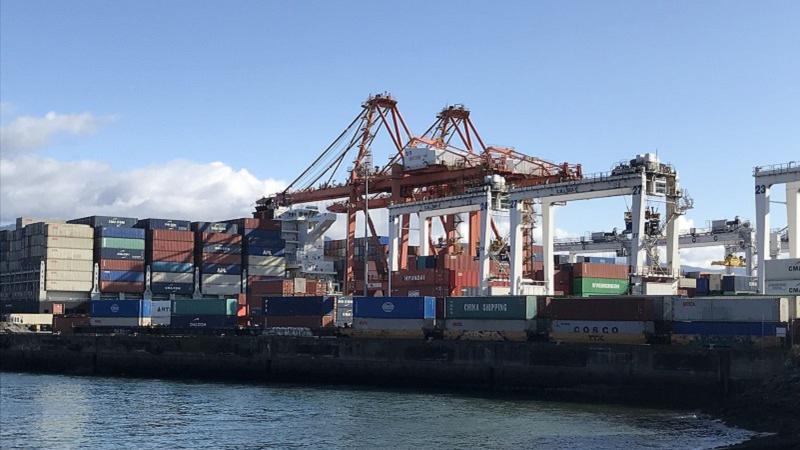
Agriculture Roundup for Wednesday November 24, 2021
MELFORT, Sask. – A new report has examined the impact of the federal carbon tax on Canada’s farmers and the price of food.
The University of Calgary School of Public Policy said Canada’s federal carbon tax currently applies in Alberta, Saskatchewan, Manitoba, and Ontario.
Farmers in these provinces lack consistency on the tax, which is being applied differently to agricultural fuels. They must navigate between distinct sets of rules depending on the type of fuels they’re using and what those fuels are used for.
Report author Sarah Dobson said some fuels are eligible to be fully exempt from the carbon tax, some may be allowed a partial exemption, and others may force farmers to face the full amount of the carbon tax.


